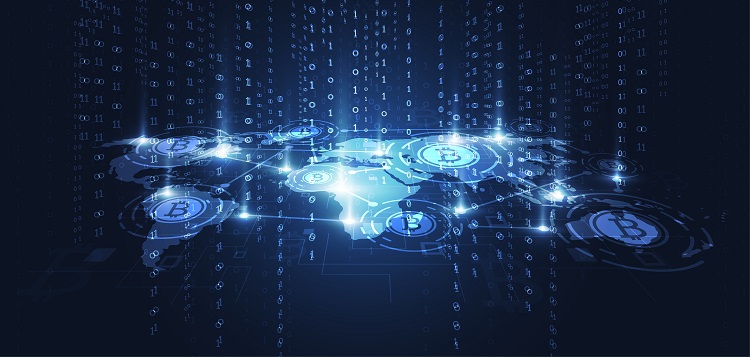As two of the most transformative technologies of the 21st century, artificial intelligence (AI) and blockchain have captured the imagination of tech enthusiasts worldwide. However, their intersection has presented various challenges, including compatibility and regulatory issues, that need to be addressed for further innovation in the crypto industry.
The Intersection of AI and Blockchain
Although AI and blockchain share similarities in their underlying principles, their integration isn’t seamless. AI’s complex algorithmic structure and blockchain’s immutable ledger can produce compatibility issues that hinder collaboration between the two technologies. Recent research by Gartner suggests that “AI isn’t really compatible with blockchain technology in its current form.”
Moreover, the crypto industry’s narrative chasing, hype, and FOMO often distort the real potential of the integration of these two technologies. Instead of focusing on the practical applications and limitations, some enthusiasts overhype the prospects, leading to overvaluation and unrealistic expectations.
Technological Milestones in the Crypto Industry
Nevertheless, the crypto industry has witnessed remarkable progress over the years, overcoming challenges and technological limitations to develop decentralized financial (DeFi) systems. Similar to how ISDN improved over 56k dialup, ADSL over ISDN, and fiber over ADSL, DeFi has stepped over obstacles and advanced iteratively. Several technological milestones have led to significant improvements in the DeFi ecosystem. For instance, the implementation of smart contracts has enabled impressive automation, while the development of layer-two solutions has facilitated scalability and lowered transaction costs.
Regulatory Challenges in Integrating Real-World Assets
Despite impressive strides in the DeFi space, regulation continues to pose formidable headwinds to developments that involve real-world assets. The shift from purely digital assets to tokens backed by tangible assets raises significant regulatory and compliance questions that the industry must address. Additionally, integrating real-world assets is a complicated and challenging process as regulatory inquiry is needed to verify ownership and legitimacy.
Limited development due to regulatory discussions historically impeded the progress of new technologies, including those that intersect with blockchain, AI, and real-world assets. This limitation has reduced the scope and potential of such technologies, including the opportunities for high-yield investment.
Potential Influx of Development in the Future
Nonetheless, there is optimism about the future of the intersection of blockchain, AI, and real-world assets, particularly as regulatory bodies clarify their positions. In the coming years, we will likely see an influx of regulatory clarity regarding blockchain-based assets, which should open up new possibilities for development. Once regulatory frameworks are in place, blockchain, AI, and real-world assets have the potential to create countless possibilities for the DeFi ecosystem.
Conclusion
AI and blockchain technology can have a symbiotic and mutually beneficial relationship, but only through progress and risk-mitigated development. As the cryptocurrency industry continues to evolve, we must reflect on the significant milestones that have brought the industry to where it is today. We caution against being carried away by hype and encourage investors to take a patient, long-term view towards DeFi investment decisions.

